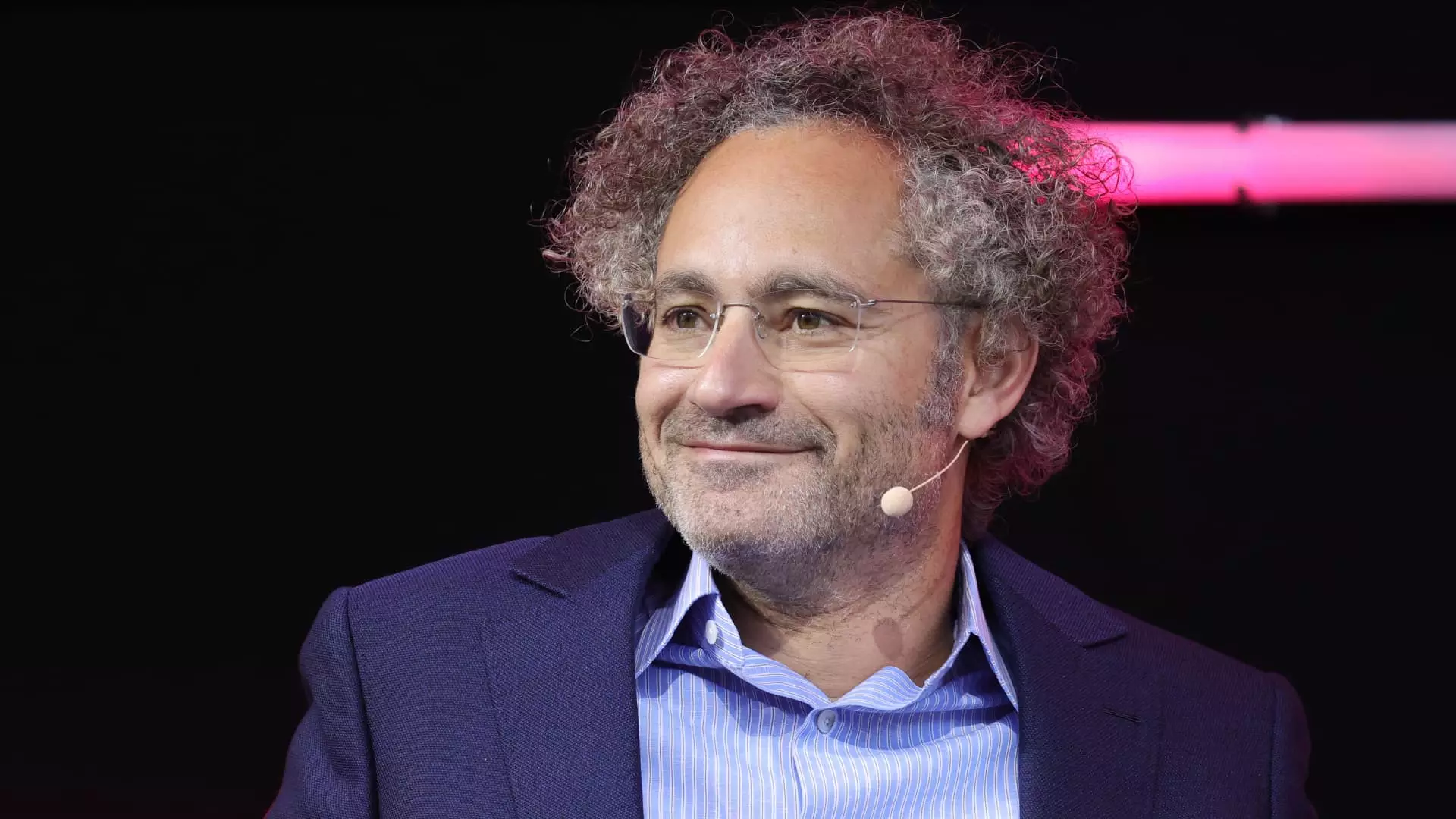Short sellers have always been a controversial topic in the stock market. These investors bet on the decline of a company’s stock price, often causing turbulence for the company and its shareholders. Palantir CEO Alex Karp recently shared his thoughts on short sellers in an interview with CNBC, expressing his disdain for their practices.
In the interview, Karp made bold statements about short sellers, claiming that he takes pleasure in “burning” them and depriving them of their profits. He mentioned how short sellers often target great American companies, like Palantir, and are motivated by greed and a desire to profit off the company’s downfall.
Following the announcement of Palantir’s Tactical Intelligence Targeting Access Node being selected by the U.S. Army, the company’s stock price saw a significant increase. This success further fueled Karp’s distaste for short sellers, as their actions can directly impact the company’s stock performance and the livelihood of its employees.
Karp also revealed that Palantir has experienced a loss of employees due to his public support for Israel. This highlights the broader implications of short selling on not just the company’s financial health, but also its internal dynamics and employee morale.
Despite facing challenges from short sellers and internal dissent, Palantir’s stock has seen a notable increase this year. Karp remains optimistic about the company’s trajectory and is committed to defending it against those who seek to profit from its downfall.
The interview with Palantir CEO Alex Karp sheds light on the impact of short sellers on American companies and the stock market as a whole. Karp’s candid remarks reflect the frustration and hostility felt by many company leaders towards short sellers and their disruptive tactics. As Palantir continues to navigate these challenges, it serves as a case study for how companies can address and combat the influence of short sellers in the market.


Leave a Reply